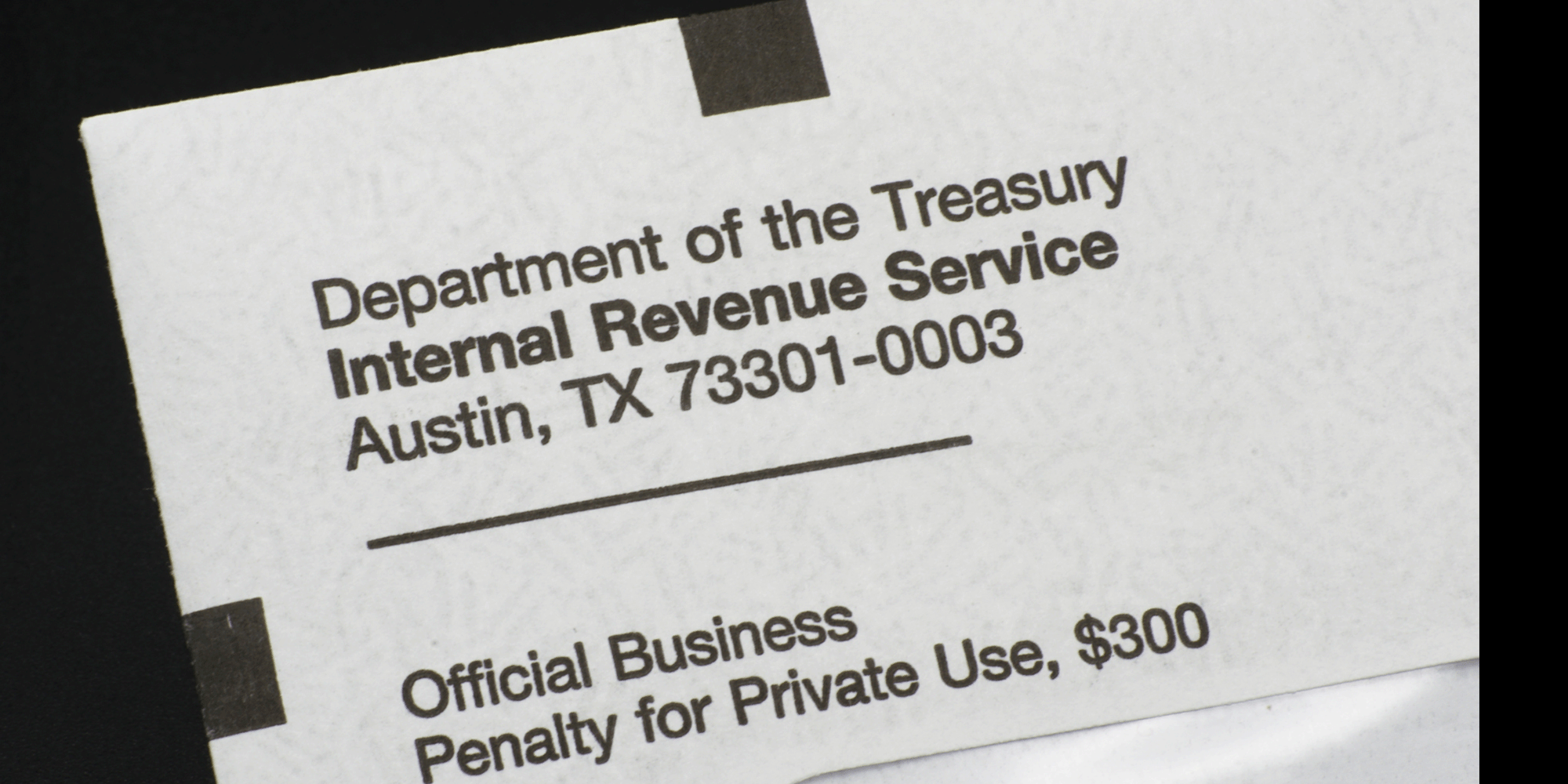Understanding Tax Penalties and Interest: What Taxpayers Should Know
Taxpayers who fail to file their taxes on time might face a failure-to-file penalty. Typically, this penalty amounts to 5 percent of the unpaid tax for each month or part of a month that the tax return remains overdue, reaching a maximum of 25 percent.
Another penalty, the failure-to-pay penalty, is applicable when taxpayers don't settle the taxes reported on their return by the due date or fail to pay the amount specified in their return within 21 calendar days of receiving a payment notice (or within 10 business days if the amount exceeds $100,000).
According to the law, the IRS is obligated to impose interest on unpaid tax balances. Interest charges cannot be reduced based on reasonable cause. The interest accrues daily, calculated on the outstanding tax amount for each day it remains unpaid. This interest compounds daily, adding to the previous day's balance along with the accrued interest. Interest rates are revised every three months and can differ based on the tax type—such as individual or business tax liabilities. For more details, taxpayers can refer to the interest section on IRS.gov.
Morris and Associates are experts when it comes to finding tax relief. We specialize in help individuals and companies find tax relief in Georgia, but can help no matter where you live. If you need help with back taxes or simply communicating with the IRS and finding the answers you need, contact us for help!
Posts by Tag
- tax problems (49)
- tax services (41)
- How the IRS Works (40)
- Resolving tax debt (38)
- Offer in Compromise (17)
- Tax News (14)
- 2023 Taxes (12)
- filing deadline (7)
- Tax Relief (6)
- Tax Preparation (5)
- 2020 taxes (4)
- Tax Advice (4)
- Avoiding an Audit (3)
- IRS Final Notice (2)
- Save Money (2)
- Estate Planning (1)
- Prior year returns (1)
Recent Posts
Popular Posts
Where's My Refund?
Just wanted to give you a...
An Offer-in-Compromise (OIC) is an agreement...
IRS IS CRACKING DOWN
The IRS has made it...

